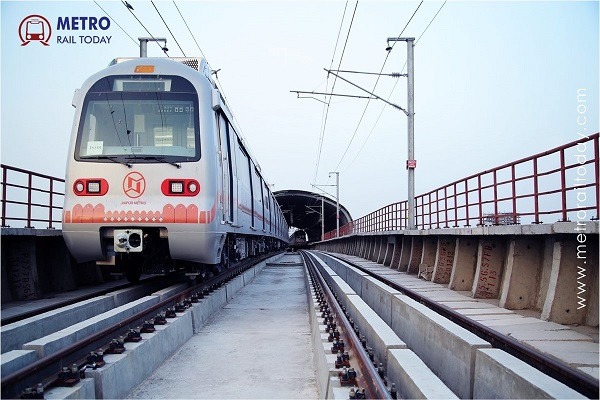 First global civil tender worth ₹1,145 crore launched for Jaipur Metro Phase 2 Project
First global civil tender worth ₹1,145 crore launched for Jaipur Metro Phase 2 Project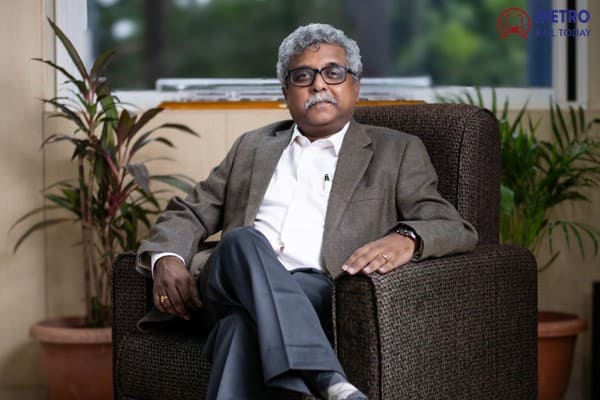 Vande Bharat to Vision 2047 — How ICF is Leading India’s Next Rail Revolution?
Vande Bharat to Vision 2047 — How ICF is Leading India’s Next Rail Revolution?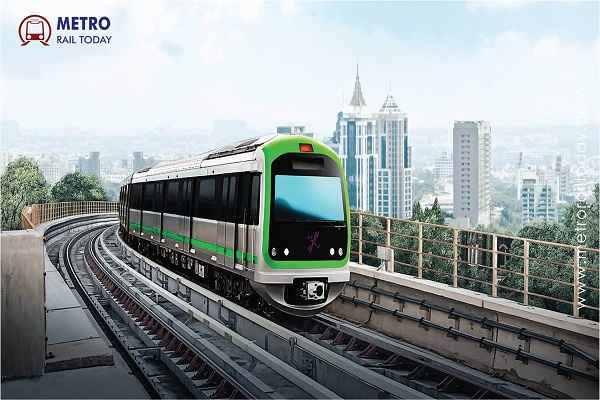 India's first Bengaluru–Hosur Interstate Metro Corridor declared Technically Infeasible
India's first Bengaluru–Hosur Interstate Metro Corridor declared Technically Infeasible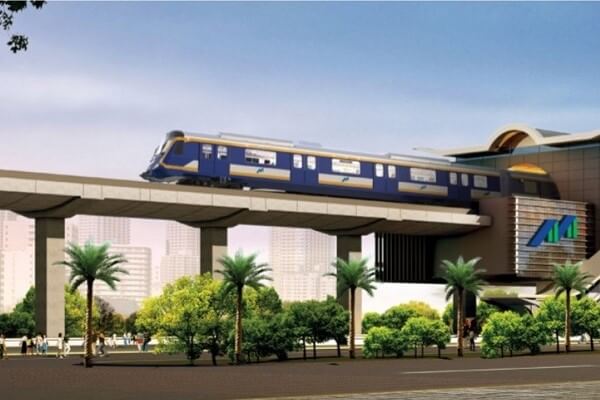 MMRDA awards ₹129.63 crore contract for Multimodal Integration on Mumbai Metro Lines 4 & 4A
MMRDA awards ₹129.63 crore contract for Multimodal Integration on Mumbai Metro Lines 4 & 4A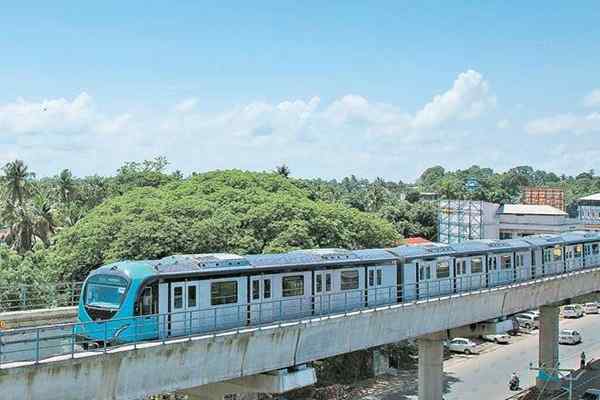 First U-Girder installed on JLN Stadium–Infopark Corridor of Kochi Metro Phase 2
First U-Girder installed on JLN Stadium–Infopark Corridor of Kochi Metro Phase 2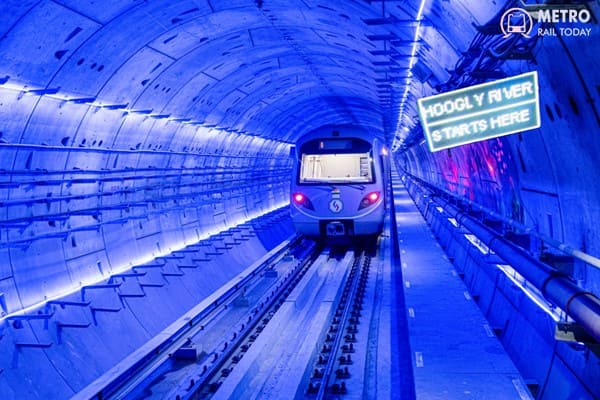 Kolkata Metro Marks 41 Years of Service to the City of Joy
Kolkata Metro Marks 41 Years of Service to the City of Joy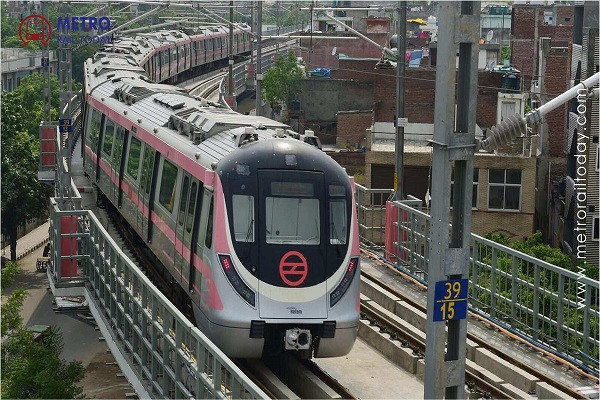 DMRC to introduce Driverless Trains on Delhi Metro Phase 4 Corridors
DMRC to introduce Driverless Trains on Delhi Metro Phase 4 Corridors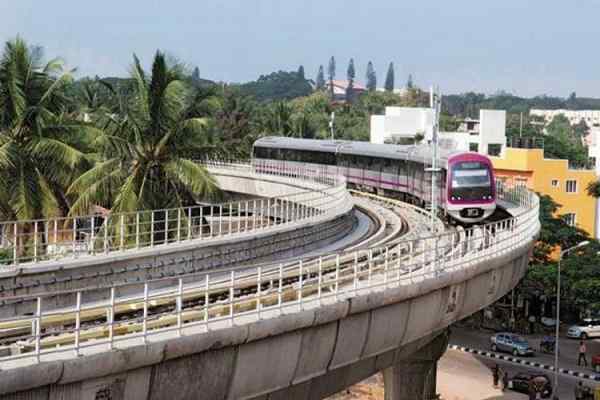 Karnataka proposes Centre of Excellence for Railways and Mobility Innovation
Karnataka proposes Centre of Excellence for Railways and Mobility Innovation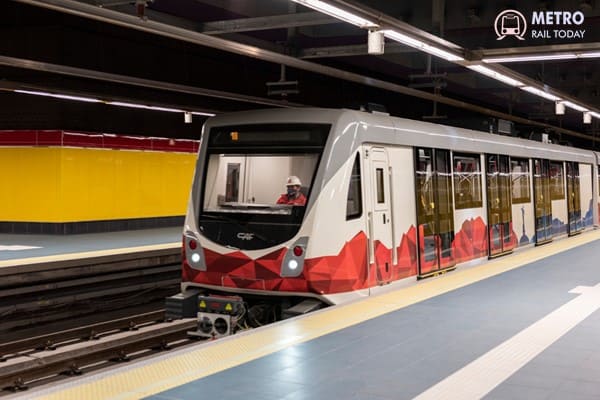 Egypt and Japan approve Greater Cairo Metro Line 4 Project
Egypt and Japan approve Greater Cairo Metro Line 4 Project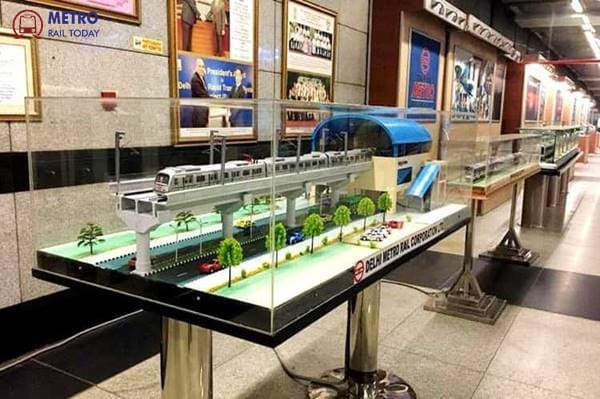 Metro Rail Today continues its legacy as Official Media Partner for 18th Urban Mobility India 2025
Metro Rail Today continues its legacy as Official Media Partner for 18th Urban Mobility India 2025
Odisha Govt cancels construction tender for Bhubaneswar Metro Rail Project amid delays
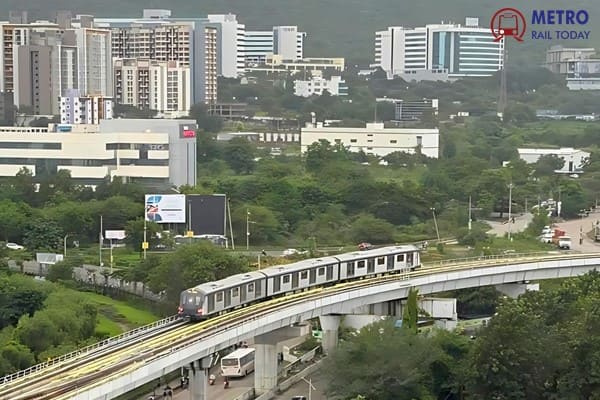
Bhubaneswar, India (Metro Rail Today): The Odisha government has decided to rework its strategy for the Bhubaneswar Metro Rail Project, following the recent termination of earlier tenders due to delays and feasibility concerns. The ambitious urban mobility initiative, aimed at transforming Bhubaneswar into a modern, well-connected capital city, remains on track—albeit with a revised execution roadmap.
The Bhubaneswar Metro Rail Corporation Ltd (BMRCL) officially scrapped the previous round of tenders this week, citing poor bidder response and escalating costs. This decision affects contracts linked to the construction and implementation of Phase-1, which was initially planned to run 26 km from Trisulia to Bhubaneswar Airport. The government, however, has reiterated that the metro project is not shelved and remains a key infrastructure priority.
A senior Housing and Urban Development Department official confirmed that the state government will now prepare a fresh blueprint to make the project technically and financially viable. In a bid to adopt best practices and avoid pitfalls, the Odisha government will undertake a comparative study of metro projects in other Indian cities, such as Delhi, Hyderabad, Bengaluru, and Nagpur. This study will assess project structuring models, funding patterns, ridership forecasts, and last-mile connectivity mechanisms.
The move comes amid growing pressure to deliver reliable mass transit in Bhubaneswar, a city that is experiencing rapid urban growth and increased vehicular congestion. Originally announced with great fanfare and approved as a state-funded metro project, Bhubaneswar Metro was lauded as India’s first metro fully financed by a state government. However, mounting concerns over escalating costs, shifting urban dynamics, and contractor interest have forced Odisha to recalibrate.
Sources indicate that the project could now see a phased implementation strategy, prioritizing core urban corridors and possibly integrating Metro Neo or Light Metro options to reduce capital expenditure. Experts have also recommended strengthening integration with city bus services, railway terminals, and proposed transit hubs to ensure a multimodal approach.
Commenting on the importance of getting the blueprint right, Mrs. Mamta Shah, MD & CEO of Urban Infra Group, stated, “Metro systems are transformative, but only when backed by data-driven planning and phased execution. Odisha’s decision to study other cities’ models shows maturity and foresight. A city like Bhubaneswar needs a transit system that balances ambition with realism—and that’s what this reset seems to aim for.”
As part of the next steps, BMRCL will likely issue a new set of tenders after refining the scope, corridor alignment, and technology mix based on the upcoming feasibility reports. While the delay has slowed initial timelines, officials believe this mid-course correction will help avoid long-term pitfalls and make Bhubaneswar’s metro project more investment-worthy and commuter-focused.
The Odisha government’s decision reflects a broader trend in India’s urban transit ecosystem—where cities are increasingly shifting from headline-grabbing mega-projects to scalable, integrated, and sustainable transit solutions that deliver long-term value to citizens.




